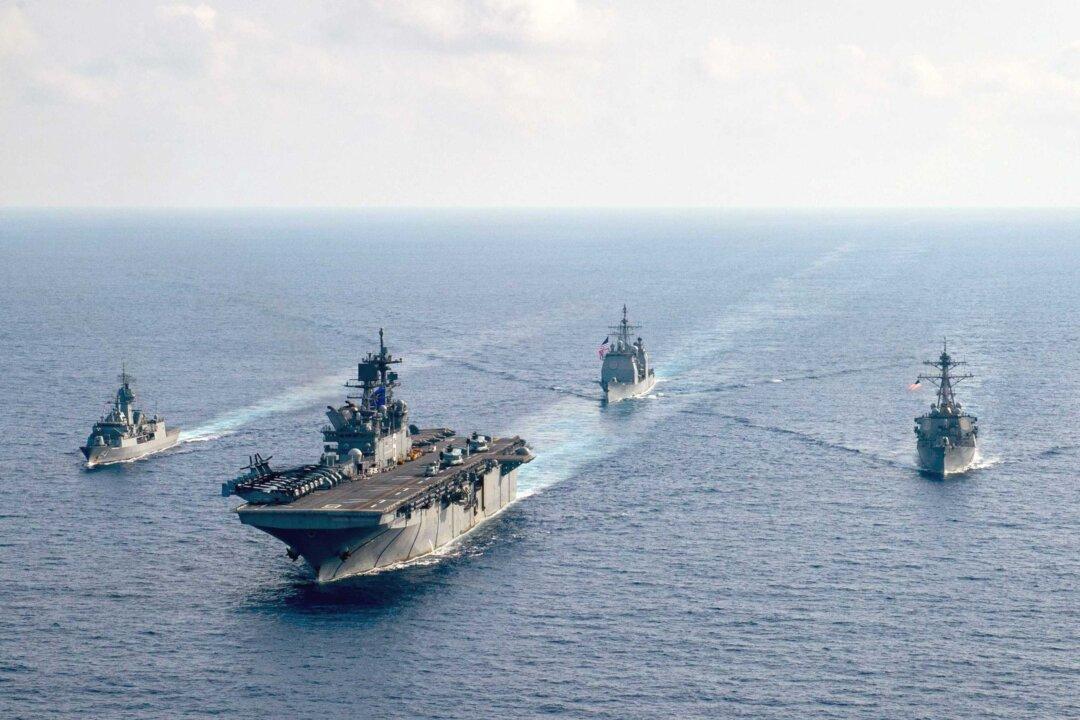An international strategist has told a parliamentary inquiry that Australia will need to build stronger “resilience” and less “dependence” on China, as in the near future, the world will likely fracture into two major geopolitical blocs akin to the Cold War—one bloc centered around Washington and democratic nations, and the other around Beijing and Xi Jinping’s ambition for a new world order.
Speaking to the Joint Standing Committee on Foreign Affairs, Defence, and Trade on July 2, Alan Dupont, CEO of the Cognoscenti Group, said increased economic and political tensions between Washington and Beijing (particularly related to the trade war, Taiwan, and the South China Sea) would accelerate a “decoupling” of the world’s economies and see the formation of two geopolitical blocs.





